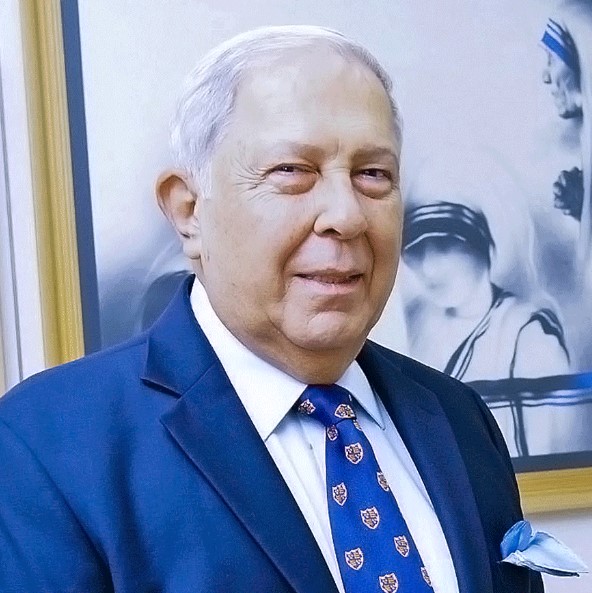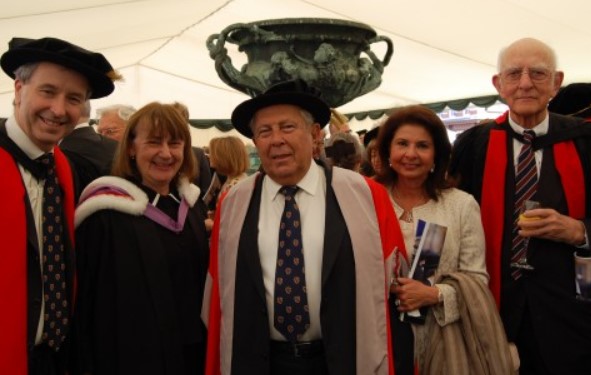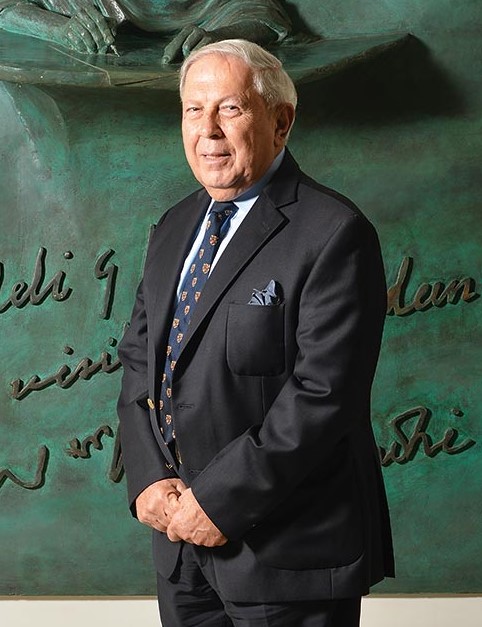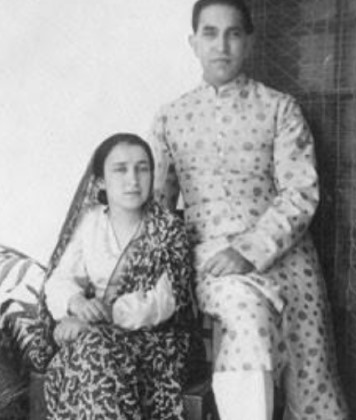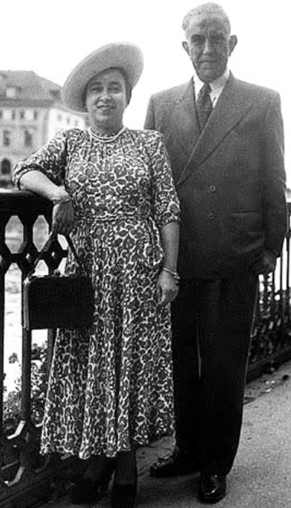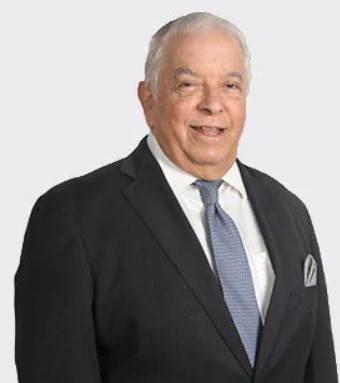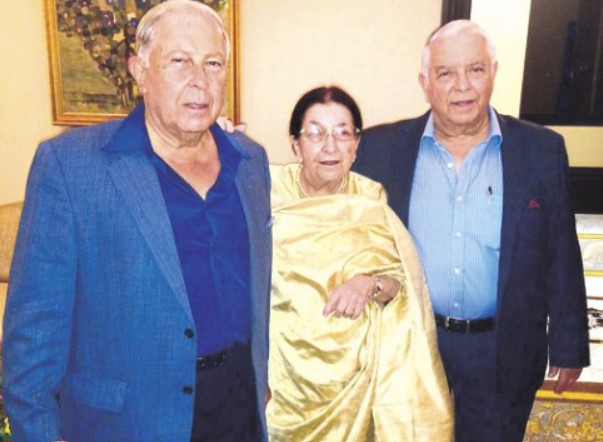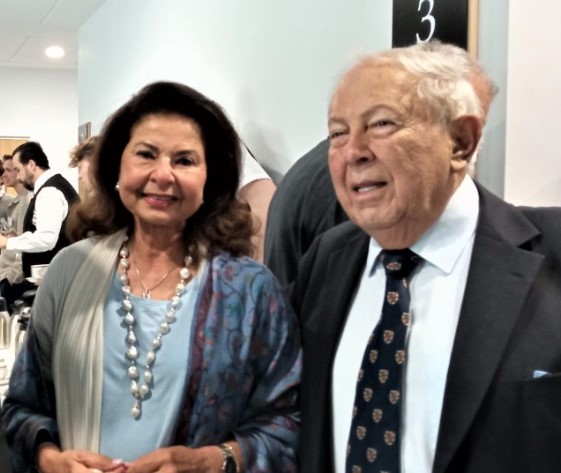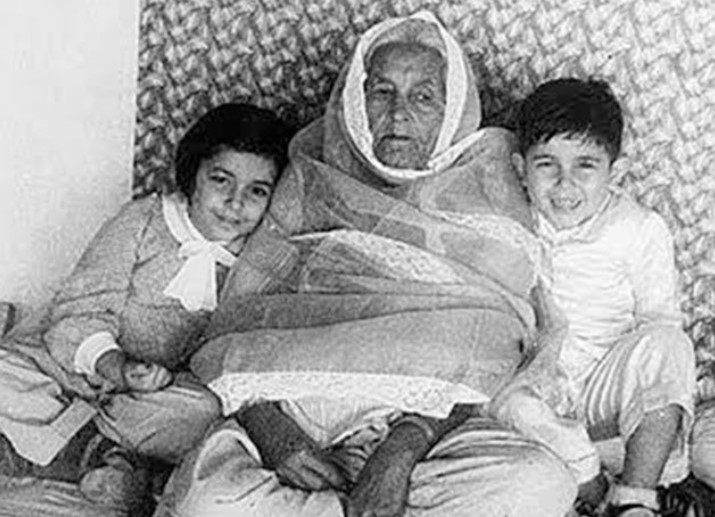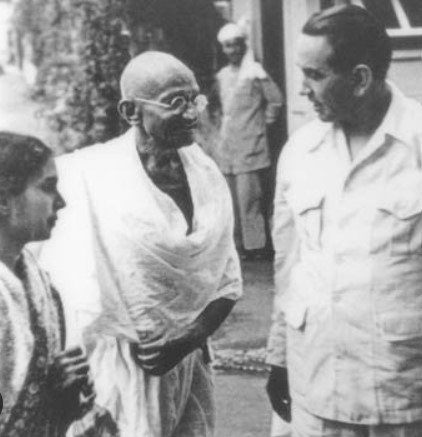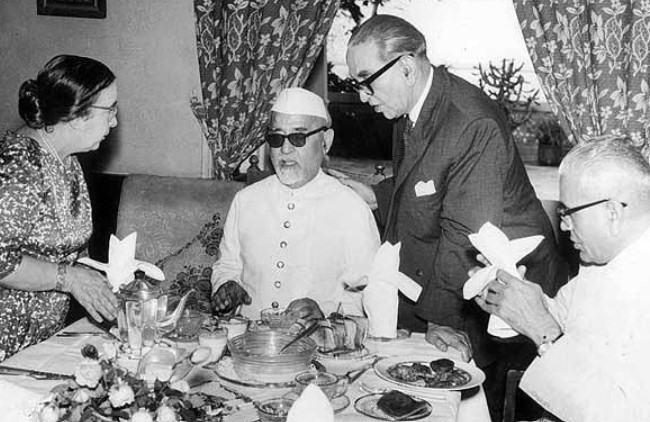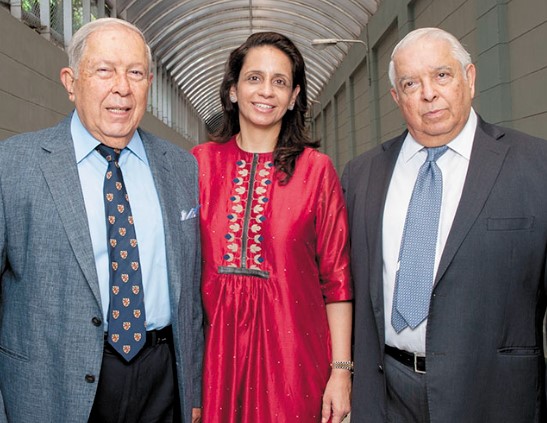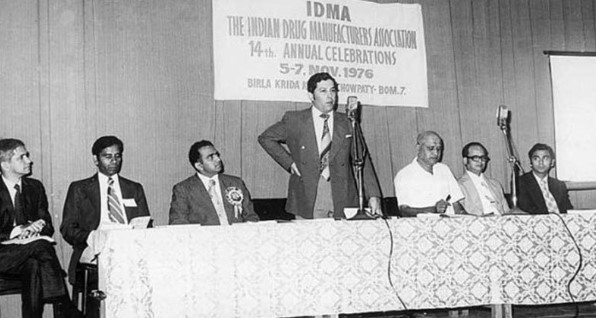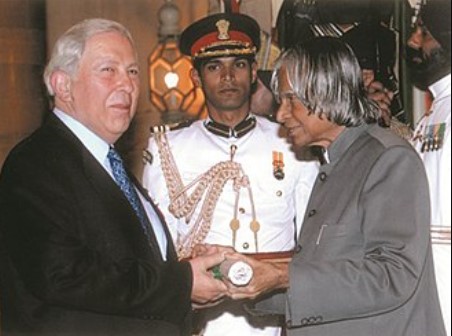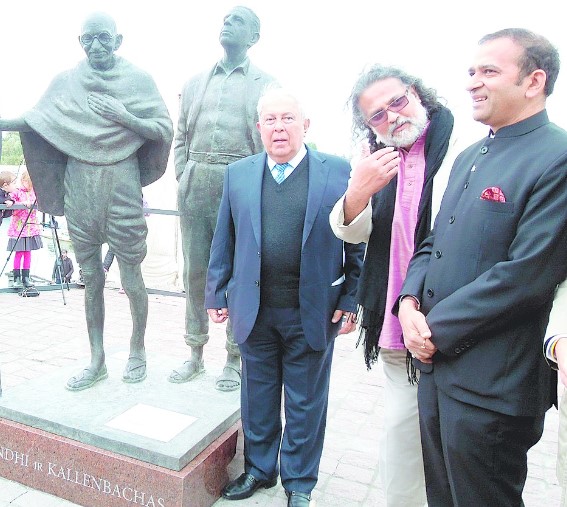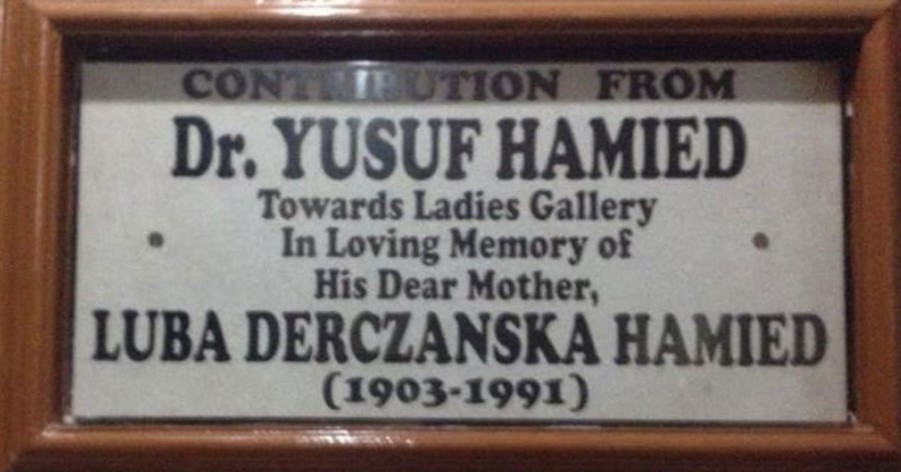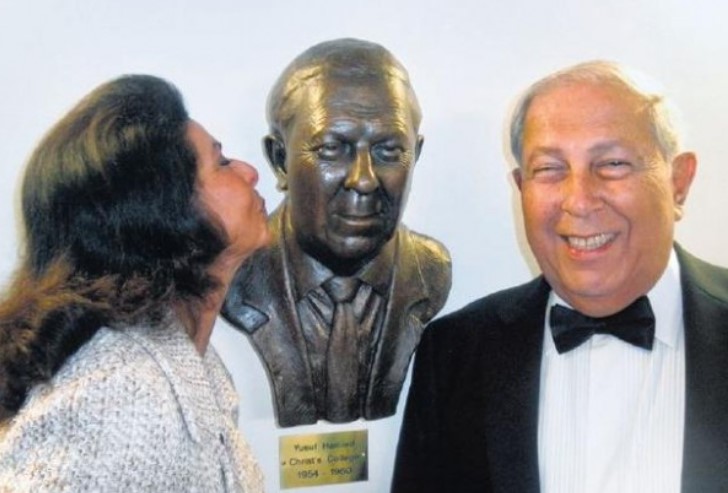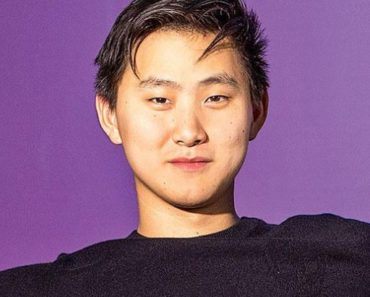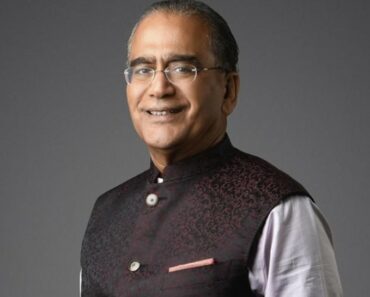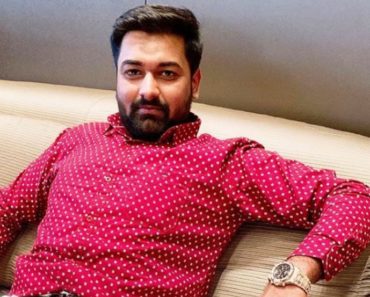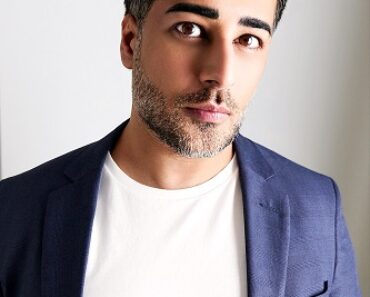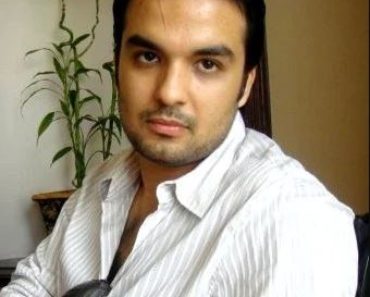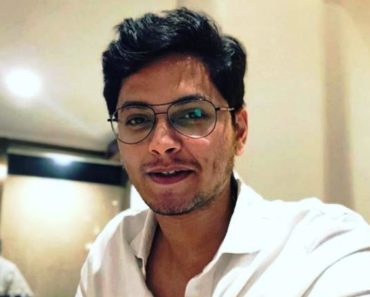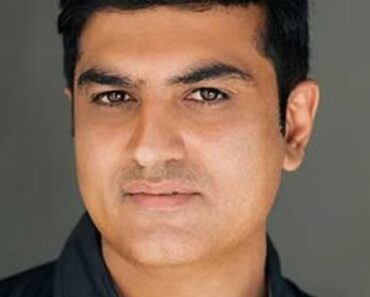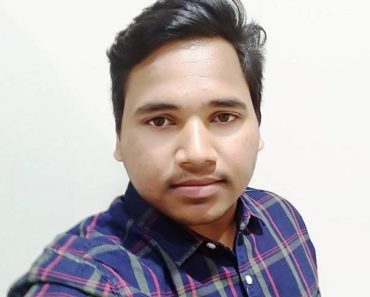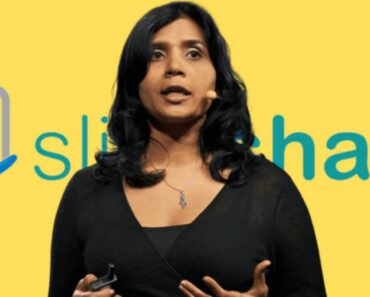Yusuf Khwaja Hamied is a well-known Indian scientist and businessman. He is the chairman of Cipla, an Indian multinational pharmaceutical company, which was founded by his father, Khwaja Abdul Hamied, in 1935. Yusuf Hamied is also a respected member of the Indian National Science Academy.
Contents
Wiki/Biography
Yusuf Khwaja Hamied [1]Christ’s College Cambridge was born on Saturday, 25 July 1936 (age 87 years; as of 2023) in Wilno, Wilno Voivodeship, Poland (now Vilnius, Lithuania). His zodiac sign is Leo. He grew up in Bombay (now Mumbai).
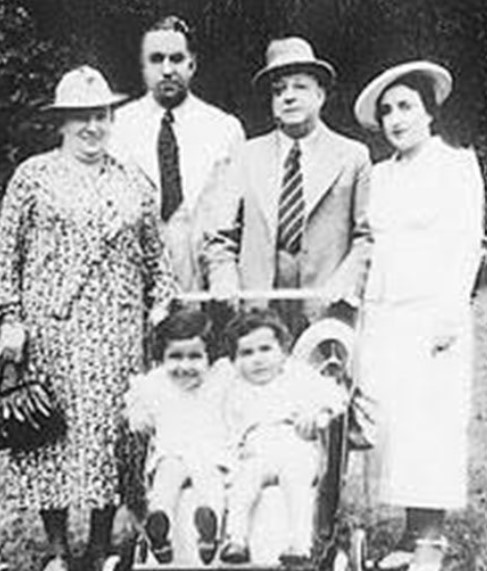
A childhood picture of Yusuf Hamied and Sophie Hamied (in the pram) with their parents and maternal grandparents
He has completed his school education at The Cathedral and John Connon School, Bombay. [2]Christ’s College Cambridge After completing his school education, he joined St. Xavier’s College in Mumbai to earn a Bachelor of Arts degree. In 1954, Yusuf Hamied completed his Master of Arts degree, and PhD (steroid chemistry, applied organic chemistry) at Christ’s College, University of Cambridge, in 1960. In 2014, he earned an honorary degree from the University of Cambridge. [3]University of Cambridge
Physical Appearance
Height (approx.): 5′ 5″
Hair Colour: Grey
Eye Colour: Black
Family
Parents & Siblings
His father, Khwaja Abdul Hamied, was the founder of Cipla, India’s oldest pharmaceutical company. His mother, Luba Derczanska, was a social reformer in Berlin.
Yusuf Hamied’s father, K.A. Hamied, was born in Aligarh. In 1925, K.A. Hamied met Luba Derczanska while taking a boat ride in Berlin. They liked each other and got married in 1928. They had their first wedding in a mosque in Berlin, then again in a temple in Vilnius, and at a Register Office in London in 1929. Luba was involved with some communist groups in Berlin. They were both studying at a university in Berlin at that time.
His younger brother, Mustafa Khwaja Hamied, is a non-executive vice-chairman of Cipla.
Yusuf Hamied has a sister named Sophie Ahmed.
Wife & Children
Yusuf Hamied got married to Farida Yusuf Hamied in 1954. Farida is the director of Mn Rajkumar Garments Private Limited and Alps Remedies Private Limited in Mumbai.
The couple has no children. [4]Business Standard
Other Relatives
His grandfather, Khwaja Abdul Ali (1862-1948), belonged to a respected family of influential Indian leaders like Khwaja Ubaidullah Ahrar from Uzbekistan. Khwaja Abdul Ali’s mother, Masud Jehan Begum, was related to the family of Shah Shuja ul-Mulk.
This Shah used to be in charge of Afghanistan and was friendly with the British (from 1803 to 1809 and from 1839 to 1842), but Shah was killed when his people fought against the British. Thereafter, Khwaja Abdul Ali’s family moved to India. Khwaja Abdul Ali had an uncle named Sir Syed Ahmed Khan, who was a significant Muslim educator and social reformer.
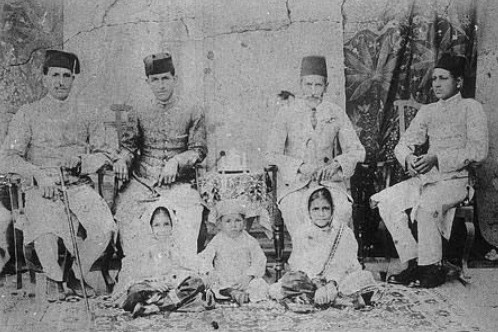
K.A. Hamied with his father, Khwaja Abdul Ali (second from right on the chair), brothers, nieces, and son Yusuf
In India, Khwaja Abdul Ali worked for the British government in India’s legal system. His son K.A. Hamied (Yusuf’s father) was against foreign rule and supported the non-cooperation movement led by Mahatma Gandhi against the Britishers. During this movement, when Gandhi suggested boycotting government schools, K.A. Hamied led a protest at Muir Central College in Allahabad. As a result, he was expelled from the college and got arrested for trying to disrupt graduation events. After that, K.A. Hamied returned to Aligarh, where Muslim leaders established a new university named Jamia Millia Islamia. He taught chemistry there and also helped produce and sell Khadi cloth, which Gandhi used as a symbol of Indian unity. K.A. Hamied once met Mahatma Gandhi, Motilal Nehru, and Jawaharlal Nehru at his maternal uncle’s house.
In 2015, Samina Vaziralli, daughter of M.K. Hamied, joined the leadership of Cipla.
Religion
Yusuf Hamied follows Islam. [5]EENI, Global Business School
Address
Yusuf Hamied resides at Windsor Villa, 2nd floor, Westfield Compound Off B. Desai Road, Cumballa Hills, Mumbai, 400026.
Career
Yusuf’s father, K.A. Hamied, wrote in The Times of India in 1964 that patent laws should make sure that other companies could also manufacture certain medicines. This was to prevent only one company from charging very high prices. Later, Yusuf Hamied faced a similar battle against costly AIDS drugs set by patent owners. Yusuf then created the first effective HIV and AIDS medicines and started selling them at a much lower price. While remembering the loss of his grandparents and many Jews during the Holocaust in World War 2, Yusuf criticized big pharmaceutical companies as “global serial killers.” He accused them of making money from people’s deaths. According to him, not allowing poor people in developing countries to access life-saving medicines due to high costs is like a “selective genocide in healthcare.” He believed that these companies were putting money before saving lives.
Yusuf Hamied is famous worldwide for standing against large Western drug companies. He challenged their control over medicine to provide inexpensive AIDS drugs and treatments for diseases that mostly impact people in poor nations. He put in a lot of effort to fight against AIDS in developing countries and ensured that sick individuals could access crucial medicines, regardless of their ability to pay. In 2012, he explained why he chose not to earn profit from serious diseases. He said,
I don’t want to make money off these diseases which cause the whole fabric of society to crumble.”
Controversy
Yusuf Hamied’s Affordable HIV Treatment While Challenging Western Companies
In 2001, Yusuf Hamied upset Western companies when his company, Cipla, offered a three-drug HIV treatment to African countries at much cheaper rates. In the same year, in a talk with a media house, he mentioned that some people called him a ‘pirate’ as his company made inexpensive generic medicines for serious illnesses. [6]Business Today He said,
Health care can’t be looked at only as a business; you have to save lives. … We have to put our heads together; the third world cannot afford the absolute power of monopoly. I am not against patents, but India cannot afford them. I am against monopolies.”
Awards, Honours, Achievements
- In 2005, Yusuf Hamied was honoured with the Padma Bhushan (India’s third highest civilian honour by the Government of India).
- In 2012, he received The CNN-IBN Indian of the Year award in the business category from CNN-IBN.
- In 2013, he was listed as one of India’s “25 Greatest Global Living Legends” by NDTV.
- In 2013, Yusuf Hamied was included in the list of richest Indians by Forbes magazine.
- In 2016, he was felicitated with the Forbes India Lifetime Achievement Award.
- In 2019, he earned the Honorary Fellow of the Royal Society, London.
Net Worth
In 2022, Yusuf Hamied’s net worth was estimated at approximately $ 3.9 billion. [7]Forbes
Facts/Trivia
- He also goes by the name modern Robin Hood. [8]Corriere Della Sera
- Yusuf Hamied was born in Vilnius when his parents visited Berlin for the last time in 1936 before the Holocaust (when many European Jews were killed during World War II). They picked his name because it had a connection to Luba’s family and Polish friends. A month after Yusuf’s birth, his parents took him to Bombay.
- In 2008, when Yusuf visited his birthplace, Vilnius, he felt sad after seeing the Ponary forest, where many innocent people, mostly Jews, were killed by the German units. He then decided to put up the statues of Mahatma Gandhi and his friend Hermann Kallenbach in Vilnius. During the same time, Yusuf Hamied, along with his old friend, Zubin Mehta, arranged a music concert in the city to honour his mother.
- Yusuf Hamied later reconstructed the Shaar Hashamaim Synagogue in Thane, Mumbai, in memory of his mother.
- In 2009, Christ’s College established the Yusuf Hamied Centre on its campus and put up Yusuf’s bronze statue inside this centre. Reportedly, his college friend, Anthony Smith, constructed this statue. The college has also a special post in chemistry called the ‘Todd-Hamied Fellow,’ which was named after him.
- According to Yusuf Hamied, while creating new medicines, he refers to his chemistry notebooks from his time at Cambridge.
- In September 2011, The New York Times wrote an article about Hamied. In this article, they talked about how he was trying to make biotech drugs cheaper for serious illnesses like cancer and diabetes. It wrote,
Dr. Yusuf K. Hamied, chairman of the Indian drug giant Cipla Ltd., electrified the global health community a decade ago when he said he could produce cocktails of AIDS medicines for $1 per day — a fraction of the price charged by branded pharmaceutical companies. That price has since fallen to 20 cents per day, and more than six million people in the developing world now receive treatment, up from little more than 2,000 in 2001.”
- In 2013, a documentary film titled “Fire in the Blood” was picturised on his life. It told the story of how Hamied helped many people in Africa by giving them medicine for HIV. Soon after the release of the film, India Today magazine reviewed that Yusuf Hamied made Indians proud as he decided to sell medicines to save lives instead of just making money.
- In 2017, during an interview at Harvard Business School for a project called ‘Creating Emerging Markets,’ he talked about his ideas on providing AIDS treatments and other medicines to people in poor developing countries, who could not afford them.
- In 2018, Yusuf Hamied supported the oldest professorship in the subject titled ‘the 1702 Chair of Chemistry’ at the chemistry department at Cambridge University through monetary donations. Subsequently, Cambridge University renamed this professorship as ‘the Yusuf Hamied 1702 Chair’ in his honour. Cambridge University named many other special places in the department after him and his mentor Alexander Todd. Its chemistry department was renamed after him in 2020, and a special program for scholars was initiated. He often grants money to IISER Pune for its chemistry department.
- Several well-known newspapers and magazines such as The New York Times, Time magazine, and The Guardian, as well as television channels like ABC News, the BBC, CNN, and CBS’ 60 Minutes, often write stories about him.

